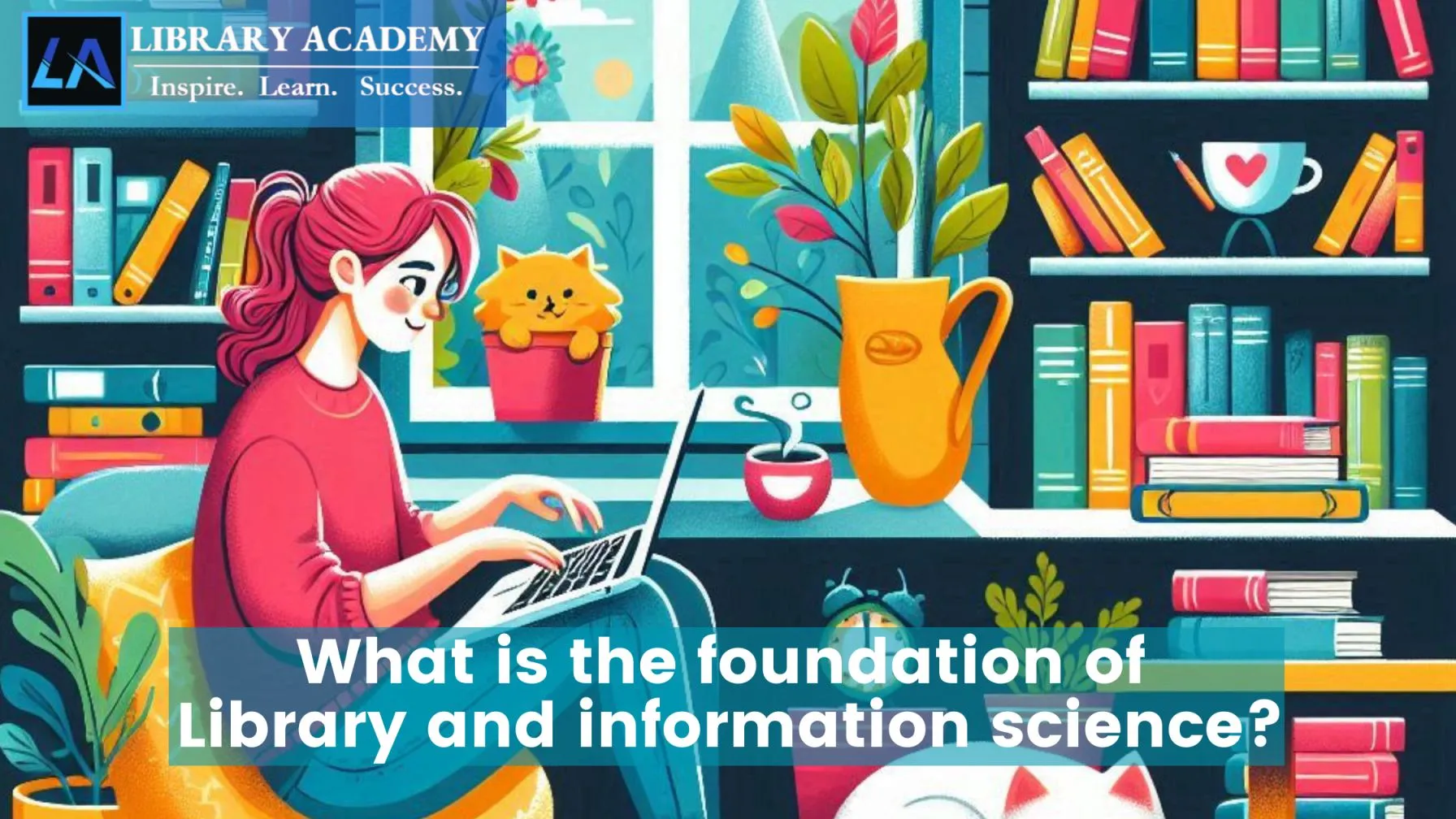The foundation of Library and Information Science (LIS) is an interdisciplinary field that focuses on the collection, organization, preservation, and dissemination of information.
The foundation of LIS is built upon several core principles and practices that guide the management and accessibility of information resources across various formats and institutions.
- 1 10 Key foundational elements of library and information science
- 1.1 1. Historical Context
- 1.2 2. Information Organization
- 1.3 3. Information Retrieval
- 1.4 4. User-Centered Services
- 1.5 5. Technology and Digital Libraries
- 1.6 6. Research Methods in LIS
- 1.7 7. Management of Information Organizations
- 1.8 8. Preservation and Conservation
- 1.9 9. Ethical and Legal Considerations
- 1.10 10. Global Standards and Best Practices
- 1.11 Conclusion
10 Key foundational elements of library and information science
1. Historical Context
The evolution of libraries from ancient times to modern information centers highlights the role of libraries in preserving knowledge.
The origins of LIS can be traced back to the earliest libraries in ancient civilizations, where the primary role was the preservation of knowledge. Over centuries, the role of libraries expanded from mere repositories of books to active centers of information dissemination and learning.
Libraries evolved to adapt to technological advancements, societal changes, and the shifting needs of users.
2. Information Organization
Principles of cataloging, classification, and metadata creation allow for efficient information retrieval.
A core aspect of LIS is the systematic organization of information through cataloging, classification, and indexing. This ensures that information is accessible and retrievable.
Use of standardized classification systems (e.g., Dewey Decimal System, Library of Congress Classification) and metadata standards (e.g., MARC, Dublin Core).
3. Information Retrieval
Theories and practices related to how information is searched for, accessed, and used, including the design of search systems and databases.
Information retrieval involves the processes and systems used to search for and access information from various sources, including databases, catalogs, and digital libraries.
Development of search algorithms, indexing methods, and user interfaces that optimize the retrieval process.
4. User-Centered Services
LIS emphasizes the importance of understanding and meeting the needs of users. This includes providing reference services, information literacy programs, and personalized assistance.
User studies, feedback mechanisms, and the design of services that cater to diverse user groups, including students, researchers, and the general public. Ethical and Legal Issues: Understanding intellectual property, copyright, privacy, and the ethical responsibilities of information professionals.
5. Technology and Digital Libraries
The integration of technology in LIS has transformed the field, enabling the creation and management of digital libraries, e-resources, and online databases.
Use of digital tools and platforms for cataloging, digitization, online reference services, and virtual libraries.
Technology enhances accessibility, allowing users to access information remotely and ensuring the preservation of digital content for future generations.
6. Research Methods in LIS
Research in LIS involves studying information behavior, the effectiveness of information systems, and the impact of information on individuals and society.
Use of qualitative and quantitative research methods, including surveys, case studies, and data analysis, to explore various aspects of information use and management.
Research in LIS contributes to the development of evidence-based practices, informing the design and delivery of services that better meet the needs of users.
7. Management of Information Organizations
Managing libraries and information centers involves leadership, strategic planning, human resource management, and financial stewardship.
Development of policies, procedures, and strategies that ensure the effective operation of information organizations.
8. Preservation and Conservation
The preservation and conservation of information resources, particularly rare and fragile materials, are essential to maintaining the cultural and historical record.
Techniques for physical preservation, digital preservation, and the restoration of damaged materials.
Preservation ensures that valuable information and cultural heritage are accessible to future generations, safeguarding knowledge and history.
9. Ethical and Legal Considerations
Ethical and legal issues are central to LIS, encompassing intellectual property rights, privacy, and the ethical use of information.
Libraries and information centers develop policies and practices to safeguard user privacy, ensure equitable access to information, and comply with copyright laws.
10. Global Standards and Best Practices
Adopting international standards and best practices ensures consistency and quality in information organization and retrieval.
LIS promotes equitable access to information for all individuals, regardless of socioeconomic status, race, or location.
Conclusion
The foundation of Library and Information Science is grounded in principles that emphasize the organization, management, and dissemination of information. By integrating technology, adhering to ethical standards, and focusing on user needs, LIS professionals play a critical role in ensuring that information is accessible, reliable, and preserved for future generations. The features and benefits of LIS highlight its importance in supporting education, research, cultural preservation, and community engagement, making it an essential field in today’s information-driven world.
 Subscribe YouTube Channel
Subscribe YouTube Channel

